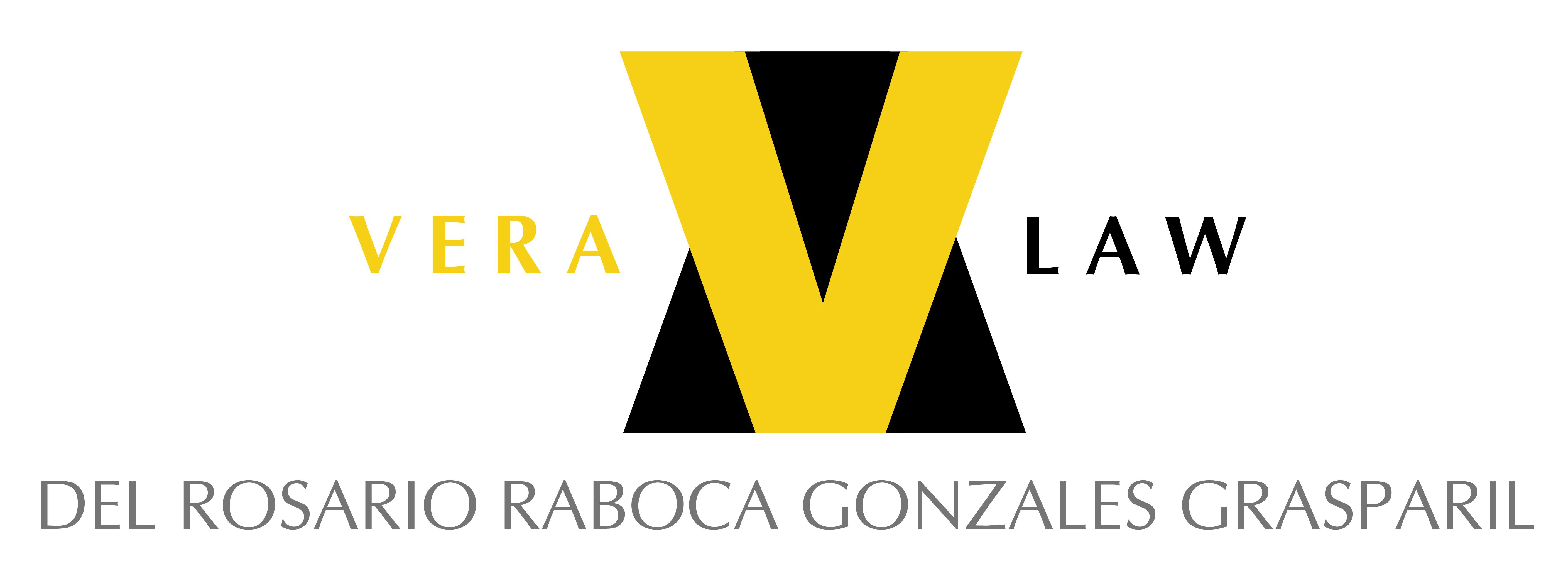The Supreme Court declared in Federal Phoenix Assurance Co. Ltd. v. Fortune Sea Carrier, Inc. (G.R. No. 188118, 23 November 2015) that the nature of a charter party is determined by the intention of the parties and not its nomeclature.
In the Time Charter Party Agreement entered into by Fortune Sea and Northern Mindanao Transport Co., Inc. (“Northern Transport”), the former agreed to lease its vessel, M/V Ricky Rey, to the latter for 90 days, which was later extended for another 90 days.
During the term of the Time Charter Party agreement, Northern Transport ordered 2,069 bales of abaca fibers to be shipped on board M/V Ricky Rey for delivery. The shipment was insured by Federal Phoenix Assurance Co., Ltd. (“Federal Phoenix”).
While the goods were being discharged, fire razed and damaged 60 bales of abaca, the value of which was paid for by Federal Phoenix to the consignee. Federal Phoenix then demanded damages from Fortune Sea, which the latter ignored. Accordingly, Federal Phoenix filed a complaint for sum of money against Fortune Sea.
In denying liability, Fortune Sea insisted that it was acting as a private carrier at the time the incident occurred. It alleged that the Time Charter Party agreement executed by the parties expressly provided that M/V Ricky Rey shall be under the order and complete control of Northern Transport. The trial court ruled against Fortune Sea, but was reversed by the Court of Appeals, which held that Fortune Sea is a private carrier.
The Supreme Court affirmed the Court of Appeals’ ruling and held that Fortune Sea is a private carrier. The Supreme Court declared that the Time Charter Party agreement clearly shows that the charter includes both the vessel and its crew thereby making Northern Transport the owner pro hac vice of M/V Ricky Rey during the whole period of the voyage.
M/V Ricky Rey was converted into a private carrier notwithstanding the existence of the Time Charter Party agreement with Northern Transport since said agreement was not limited to the ship, but extends even to the control of its crew. Despite the denomination a Time Charter by the parties, their agreement undoubtedly reflected that their intention was to enter into a Bareboat Charter Agreement.

